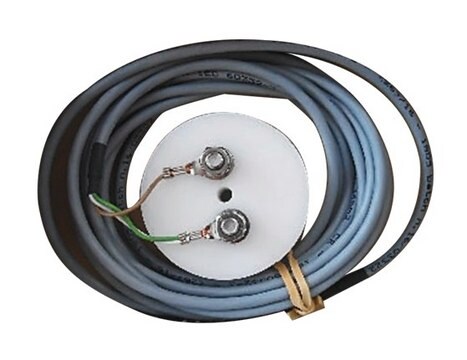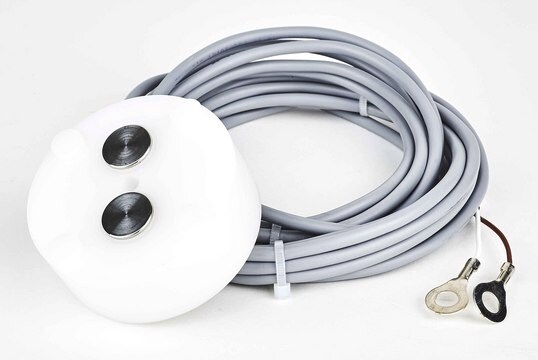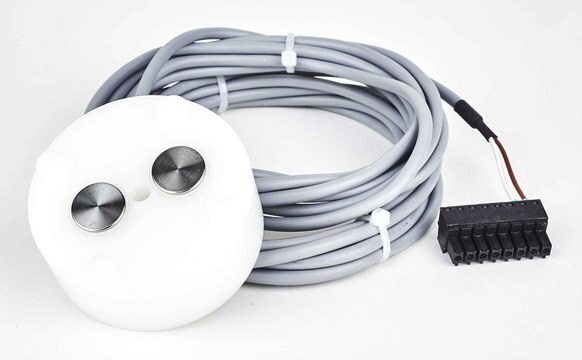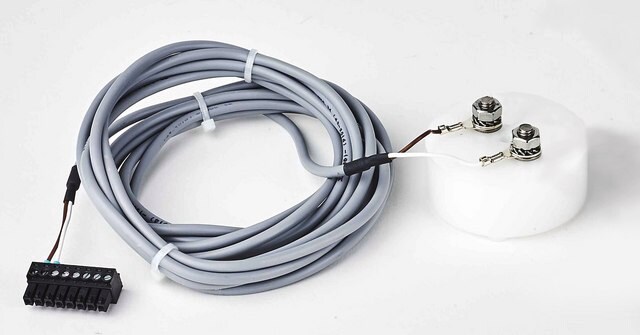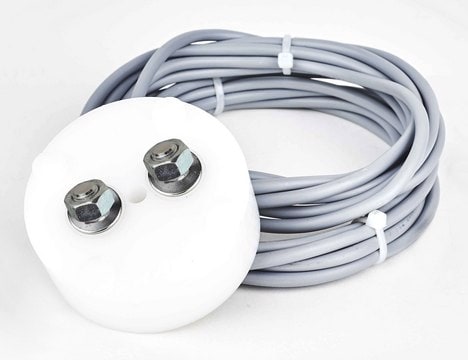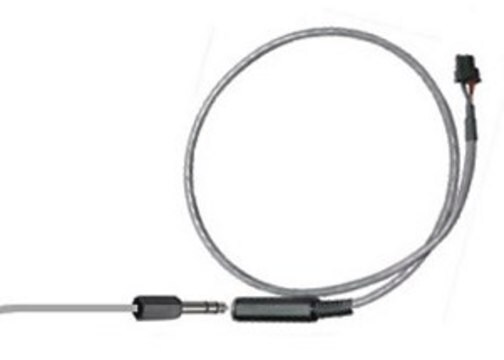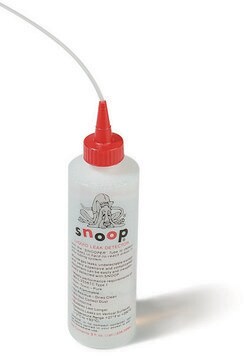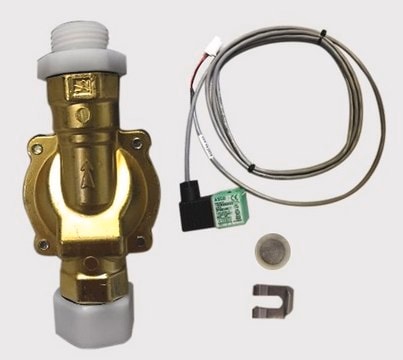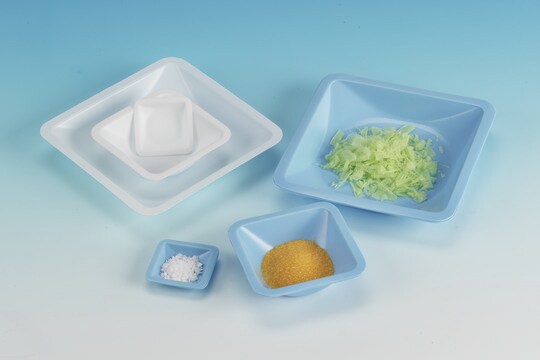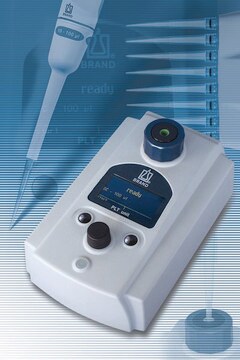ZFWATDET2
Water sensor
Detects water spillage on the floor and automatically closes the stand-alone inlet solenoid valve., AC/DC input 230 V, 50–60 Hz
Synonim(y):
Water Sensor (230 V/50–60 Hz)
About This Item
Polecane produkty
Materiały
acrylonitrile-butadiene-styrene (ABS) cabinet
polyacetal sensor (machined polyacetal (POM))
stainless steel electrode
opakowanie
pkg of 1 unit
Parametry
<95% humidity limit
5 °C temp. range (40 °C)
wys. × szer. × śr.
170 mm (6.7 in.) × 82 mm (3.2 in.) × 53 mm (2.1 in.)
dł. kabla
4 m
kompatybilność
for use with tanks
Warunki transportu
ambient
Szukasz podobnych produktów? Odwiedź Przewodnik dotyczący porównywania produktów
Opis ogólny
In the unlikely event of a leak, the water sensor will detect the presence of water and automatically stops the feed water access whether it be the system or main water supply. The sensors are placed where most convenient for the lab, typically on the floor or benchtop.
Zastosowanie
Cechy i korzyści
- Greatly reduces the risk of flooding: no damage to the lab or other instruments.
- Cable length of 4 meters.
Certyfikaty analizy (CoA)
Poszukaj Certyfikaty analizy (CoA), wpisując numer partii/serii produktów. Numery serii i partii można znaleźć na etykiecie produktu po słowach „seria” lub „partia”.
Masz już ten produkt?
Dokumenty związane z niedawno zakupionymi produktami zostały zamieszczone w Bibliotece dokumentów.
Nasz zespół naukowców ma doświadczenie we wszystkich obszarach badań, w tym w naukach przyrodniczych, materiałoznawstwie, syntezie chemicznej, chromatografii, analityce i wielu innych dziedzinach.
Skontaktuj się z zespołem ds. pomocy technicznej